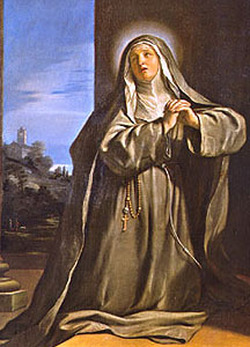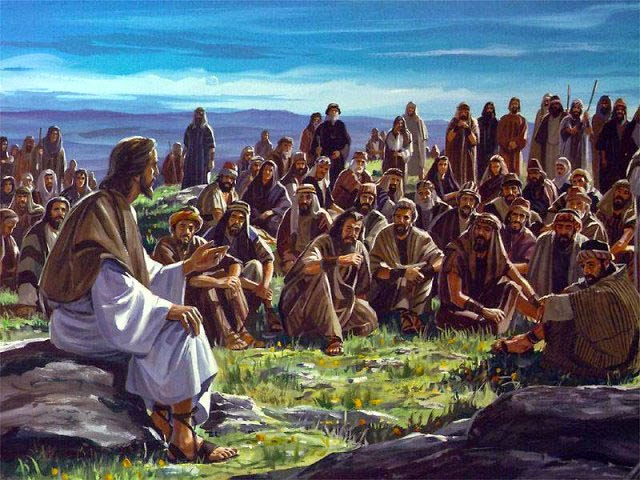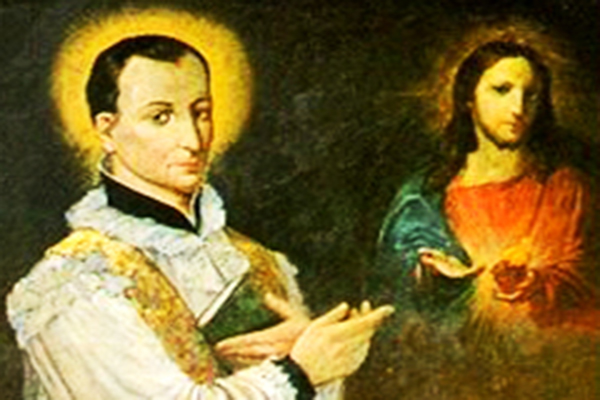Eighth Sunday in Ordinary Time Year C - Gospel Reflection

Luke 6:39-45 This is the last Sunday in Ordinary time before we enter into the fast-approaching season of Lent. Today’s readings could serve as a guide in the examination of our spiritual lives before we begin the Lenten season, and help to direct our attention to the proper disposition we should have in carrying out the practices of prayer, fasting, and almsgiving during the upcoming forty days. As Jesus warns us, we must always be on guard against the temptation to find fault in others. This is not to say that we should look past crimes and allow wrongs to go unpunished, and this is most definitely not a justification for the evils that we are capable of. Rather, He is telling us not to let these misgivings blind us from the dignity of that person or of our own place. When we focus on the faults of our neighbor, the devil presents our own virtues as the standard, and this he usually glorifies, thus making us believe ourselves to be some figure that in reality, is only a distor...











